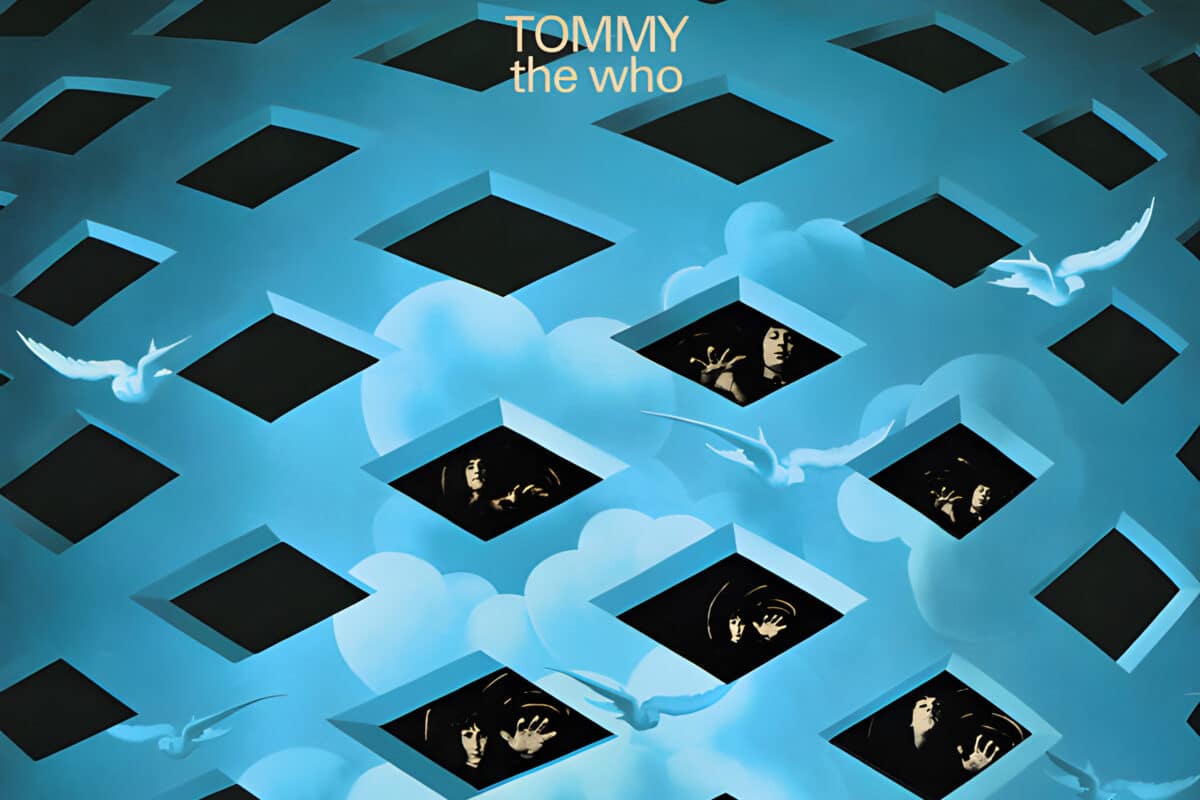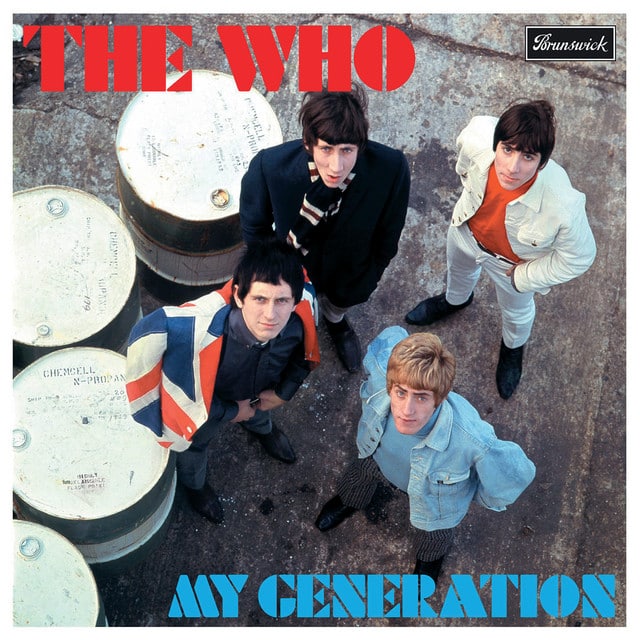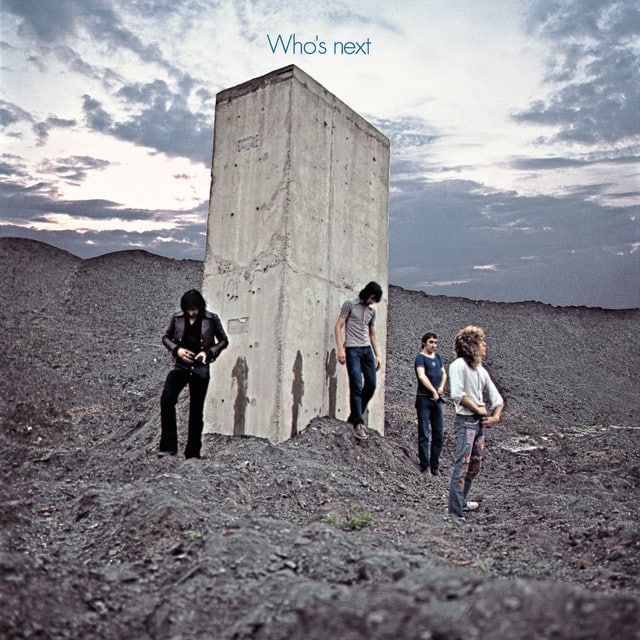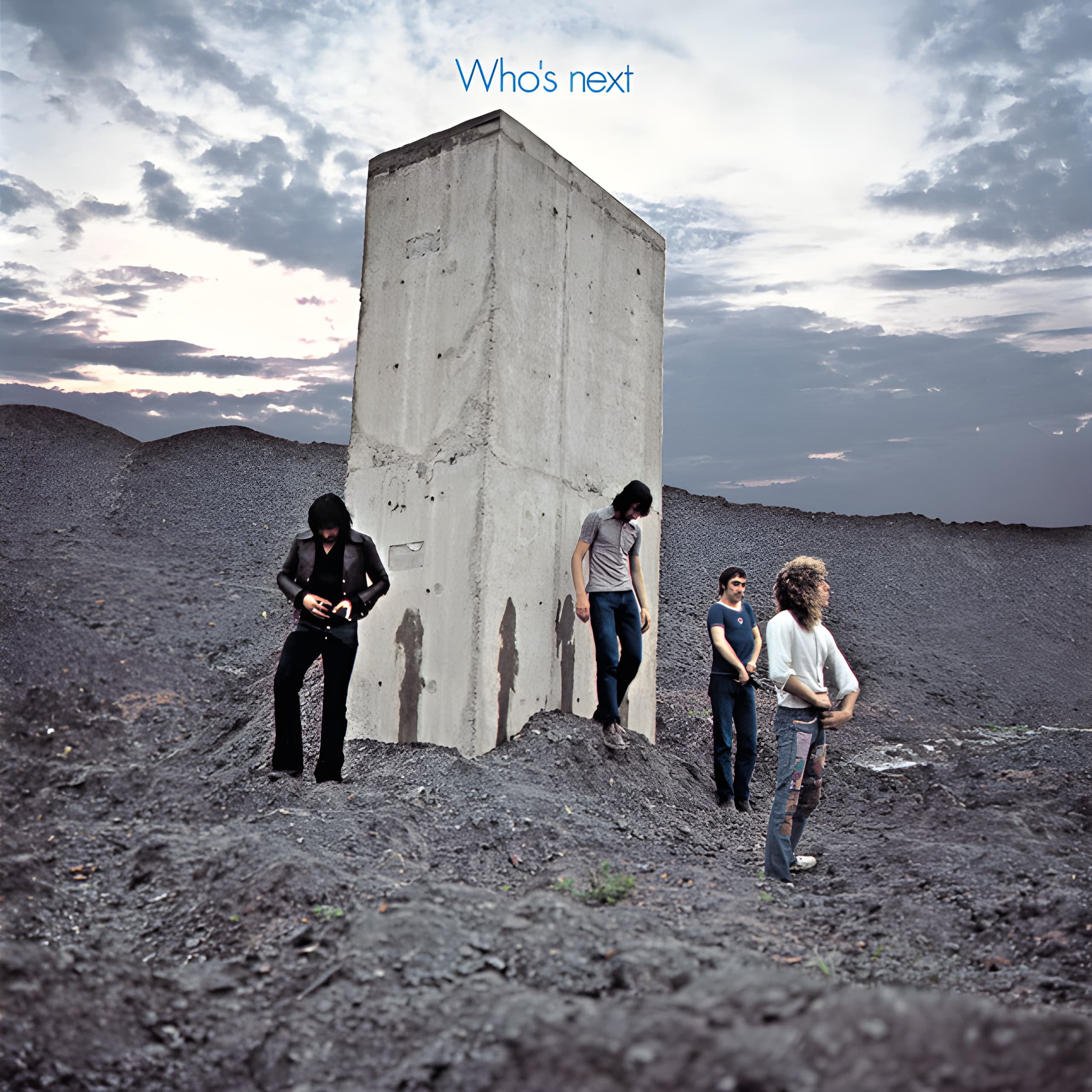Released: 1969
The Who’s “I’m Free” is a triumphant proclamation of liberation, blending rock’s raw energy with profound lyrical depth. This track is more than just a song; it’s a journey out of the constraints that bind the spirit. It uses simple, yet profound language to convey a message of enlightenment and personal freedom, underscored by the band’s signature powerhouse sound.
The opening lines, “I’m free, and freedom tastes of reality,” set the tone. Here, the notion of being free is more than just breaking physical chains; it’s about experiencing the true essence of being, the reality beyond societal or self-imposed restrictions. The repetition of “I’m free” isn’t just for emphasis; it’s a declaration, a realization that has dawned upon the speaker after perhaps a long struggle.
But this isn’t just about personal liberation. The next lines, “And I’m waiting for you to follow me,” suggest a call to action. The speaker isn’t content with finding freedom alone; there’s a desire to lead others to this enlightenment. This sense of community and shared destiny is powerful, transforming the song from a personal celebration to a universal anthem.
Then we hit a critical verse, “If I told you what it takes to reach the highest high, You’d laugh and say nothing’s that simple.” Here, The Who taps into a universal truth about human skepticism and fear of change. Often, the path to enlightenment is dismissed as too straightforward or naive because the cynical world expects complexity in everything. This line challenges listeners to reconsider their preconceptions about what it means to be truly free or fulfilled.
The mention of “Messiah’s pointed to the door, No one had the guts to leave the temple,” is particularly evocative. It references the idea that while many prophets, leaders, or messiahs have shown the way to freedom or truth, few have the courage to break away from the familiar, from the ‘temple’ of their existing beliefs or comforts. This is a call to bravery, urging the listener to step into the unknown for the sake of true freedom.
The final repetition of “I’m free” and the query, “How can we follow?” drive home the theme. The song closes by leaving us with a question, not just about how to follow the path to freedom, but how to trust in it, and in ourselves, to take that leap. It suggests that following isn’t just a physical action but a mental and spiritual shift that requires faith and courage.
In essence, “I’m Free” by The Who is a powerful narrative of breaking free from the invisible shackles that hold us back. It’s an anthem that doesn’t just celebrate personal freedom but calls on us to lead and inspire others to find their own paths to liberation. Through deceptively simple language, it captures the complex journey of enlightenment and the courage required to embrace true freedom.








